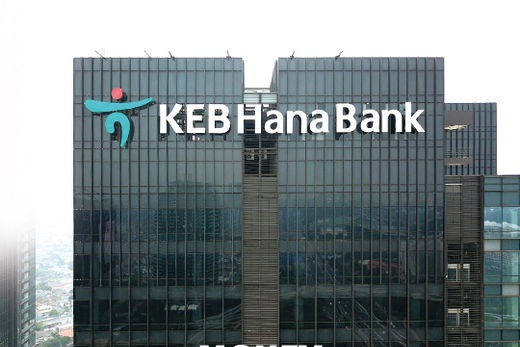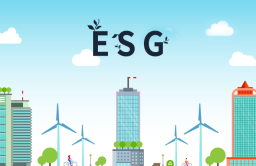-
KOSPI 2812.05 +41.21 +1.49%
-
KOSDAQ 756.23 +6.02 +0.80%
-
KOSPI200 376.54 +6.64 +1.80%
-
USD/KRW 1373 3.00 -0.22%
Hana Bank issues $600 mn euro-currency bonds with negative yield
ESG bonds
Hana Bank issues $600 mn euro-currency bonds with negative yield
By
Jan 21, 2021 (Gmt+09:00)
2
Min read
News+

The five-year, euro-denominated bonds carry a yield of minus 0.17%, Hana said on Jan. 20. The yield is lower than the negative 0.118% set for the state-run Export-Import Bank of Korea’s (KEXIM) three-year social bonds that raised 500 million euros in July of last year. At the time, KEXIM was the first Korean lender to sell foreign currency bonds at a negative yield.
The yield on Hana Bank’s covered bonds is based on a spread of 0.27 basis points above the euro mid-swap rate, a reference rate. It is even below Hana’s proposed spread of 0.33 basis points, thanks to heavy demand.
The new debt was 3.7 times oversubscribed, drawing bids worth 1.85 billion euros from Europe’s central banks and asset managers from Germany, Belgium, the Netherlands and the UK.
The covered bonds are collateralized against a pool of mortgage loans and other assets held by the bank, which can cover claims by the bondholders in case of the issuer’s failure.
Hana floated the social bonds, reflecting growing interest in ESG-themed investments from European global investors. Proceeds from social bonds are used for eco-friendly investments, providing financing to small firms and addressing social problems.
“As part of our efforts to diversify funding sources and boost corporate social responsibility, we will increase ESG bond issues,” said a Hana Bank official.
The new debt was rated AAA, the highest investment grade, by Standard & Poor’s and Fitch Ratings.
BNP Paribas, Citigroup Global Market, JPMorgan, Societe Generale and Credit Agricole were joint bookrunners.
WOORI BANK
Last September, South Korea became the first non-European country to sell negative-yielding sovereign bonds in the euro. The five-year sovereign carried a yield of minus 0.059%, or 35 basis points above the five-year euro mid-swap rate, according to the finance ministry.
Another leading Korean lender Woori Bank is planning to raise more than $500 million in ESG bonds overseas later this month, according to investment banking sources on Jan. 21.
It selected Bank of America, Societe Generale, Standard Chartered Securities, Citigroup Global Markets and BNP Paribas as bookrunners for the new issues.
Woori will use the proceeds from the planned debt sale to lend to small companies, the self-employed and low-income households. Last year, the bank raised A$400 million through ESG bonds in Australia, following the issuing of $450 million ESG debt in 2019.
Write to Daehun Kim and Jin-sung Kim at daepun@hankyung.com
Yeonhee Kim edited this article.
More To Read
-
 ESG managementESG becomes name of the game on Korean corporate boards
ESG managementESG becomes name of the game on Korean corporate boardsJan 20, 2021 (Gmt+09:00)
-
Jan 06, 2021 (Gmt+09:00)
-
Oct 29, 2020 (Gmt+09:00)
-
Sep 21, 2020 (Gmt+09:00)





